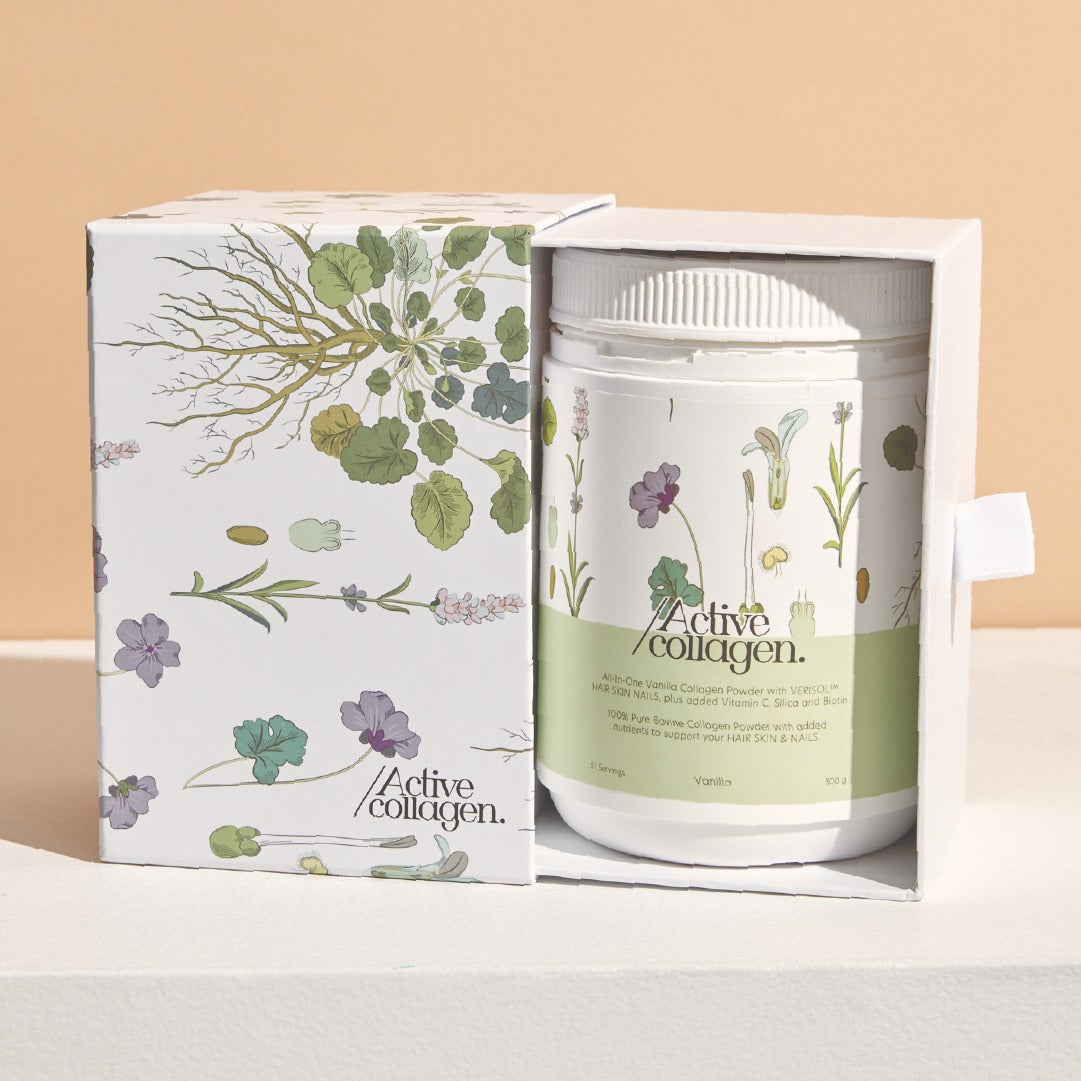Slowly making its way into household conversations, SIBO stands for Small Intestinal Bacteria Overgrowth. SIBO can be clinically defined as the presence of surplus colonic bacteria in the small intestine. Naturally, the small intestine will have lower levels of resident bacteria in comparison to the colon or large intestine. When these levels are out of whack, as seen in SIBO patients, this creates chaos!
The lower levels of bacteria seen in the small intestine is due to the presence of gastric acid, bile and peristalsis – the wave-like movement of muscles as food digests. As food passes from the stomach into the intestines the gastric secretions and motility protect and restrict the overgrowth of bacteria. If these protective methods are compromised SIBO can occur.
Our small intestine is the optimal place for nutrient absorption – when bacteria levels are balanced of course. During cases of SIBO, instead of nutrients being properly absorbed food is actually beginning to ferment or break down in the small intestine, as would normally begin to happen in the colon, due to the increased bacteria levels. The gut bacteria ferment carbohydrates in particular, which gives rise to many familiar SIBO complaints.
It is incredible to think that something as small as an imbalance in the microbiome can lead to a plethora of problems such as nutrient deficiency, irritable bowel syndrome, abdominal discomfort, inflammation, food sensitivities and ‘leaky gut’. But what are the risk factors of SIBO?
Risk Factors
Most commonly, SIBO is caused by disturbances to small intestine motility, such as slowed peristalsis, and compromised clearance of bacteria, in cases like reduced pancreatic bile or gastric acid secretions.
Also, many common lifestyle factors can pose a risk for SIBO. Recurrent drug use (antibiotics and proton pump inhibitors (PPIs)), stress, gastrointestinal surgeries and high refined-carbohydrate intake have been shown to cause SIBO.
Signs & Symptoms
Common signs and symptoms to look out for if you suspect you may have SIBO:
- Gastrointestinal upset; bloating after food, flatulence, stomach pain, constipation, diarrhea, reflux
- Fatigue
- Weight loss due to fat malabsorption
- A vitamin B12 deficiency
- Increased folate levels (folate is a result of bacteria metabolism)
SIBO Treatment
Testing from a qualified healthcare professional is needed to diagnose SIBO. This is usually done through a non-invasive breath test which measures the amount of hydrogen and methane present in exhaled breath. In patients with SIBO, the fermentation of carbohydrates in the small intestine causes the production of these hydrogen and methane gases.
There are many alternative approaches used for treating SIBO. Herbal supplementation has gained positive results in being as or more effective than the common antibiotic route in treating SIBO, where antibiotics are also a risk factor for recurring SIBO. Dietary changes such as a low FODMAP (fermentable, oligosaccharides, disaccharides, monosaccharides, and polyols) diet has shown benefit in relieving gastrointestinal symptoms. The FODMAP diet restricts the intake of carbohydrates that the certain bacteria require for survival. Although, this diet should not be followed without professional guidance to avoid nutrient deficiencies, eliminate foods slowly, identify potential food sensitivities and, most importantly, to reintroduce these carbohydrates into the diet.
If you suspect you may have SIBO speak to a professional.
Rao, S., & Bhagatwala, J. (2019). Small Intestinal Bacterial Overgrowth: Clinical Features and Therapeutic Management. Clinical and translational gastroenterology, 10(10), e00078. https://doi.org/10.14309/ctg.0000000000000078
Achufusi, T., Sharma, A., Zamora, E. A., & Manocha, D. (2020). Small Intestinal Bacterial Overgrowth: Comprehensive Review of Diagnosis, Prevention, and Treatment Methods. Cureus, 12(6), e8860. https://doi.org/10.7759/cureus.8860
Montoro-Huguet, M. A., Belloc, B., & Domínguez-Cajal, M. (2021). Small and Large Intestine (I): Malabsorption of Nutrients. Nutrients, 13(4), 1254. https://doi.org/10.3390/nu13041254
Lauritano, E. C., Gabrielli, M., Scarpellini, E., Lupascu, A., Novi, M., Sottili, S., Vitale, G., Cesario, V., Serricchio, M., Cammarota, G., Gasbarrini, G., & Gasbarrini, A. (2008). Small intestinal bacterial overgrowth recurrence after antibiotic therapy. The American journal of gastroenterology, 103(8), 2031–2035. https://doi.org/10.1111/j.1572-0241.2008.02030.x
Chu, H., Fox, M., Zheng, X., Deng, Y., Long, Y., Huang, Z., Du, L., Xu, F., & Dai, N. (2016). Small Intestinal Bacterial Overgrowth in Patients with Irritable Bowel Syndrome: Clinical Characteristics, Psychological Factors, and Peripheral Cytokines. Gastroenterology research and practice, 2016, 3230859. https://doi.org/10.1155/2016/3230859
Sorathia, S, J., Chippa V, Rivas, J, M. (2022). Small Intestinal Bacterial Overgrowth. https://www.ncbi.nlm.nih.gov/books/NBK546634/#_NBK546634_pubdet_
Chedid, V., Dhalla, S., Clarke, J. O., Roland, B. C., Dunbar, K. B., Koh, J., Justino, E., Tomakin, E., & Mullin, G. E. (2014). Herbal therapy is equivalent to rifaximin for the treatment of small intestinal bacterial overgrowth. Global advances in health and medicine, 3(3), 16–24. https://doi.org/10.7453/gahmj.2014.019




